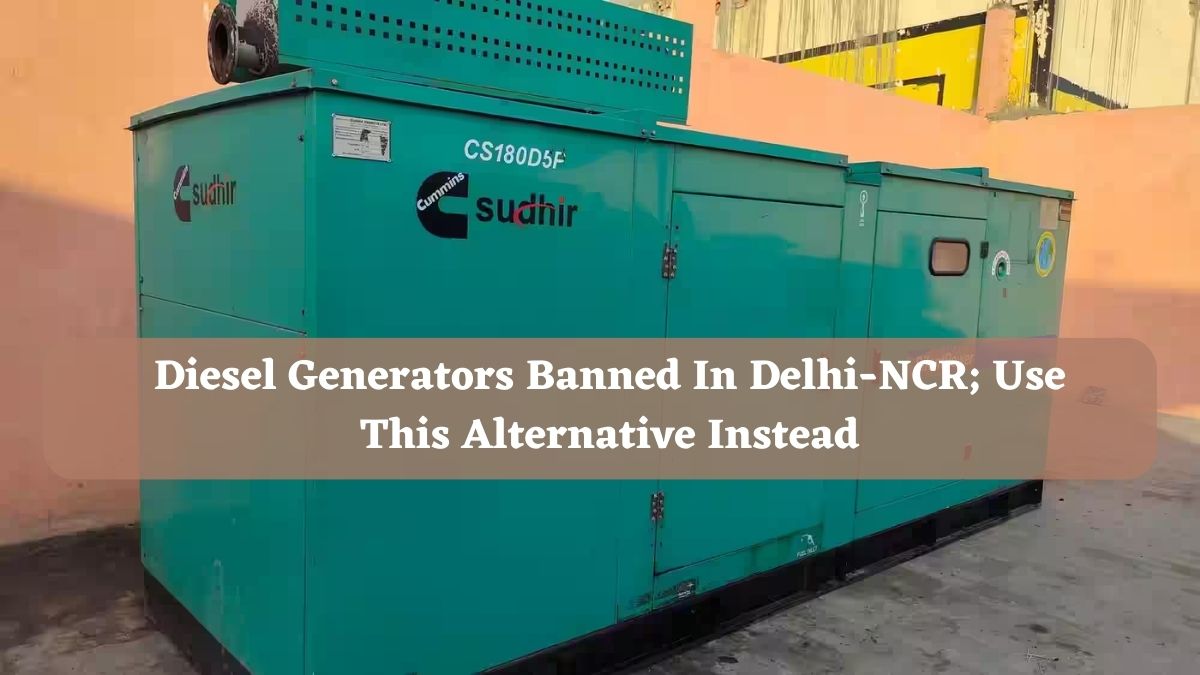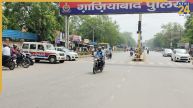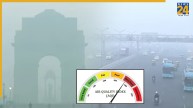Amidst restrictions on diesel generators in NCR towns, residents are exploring alternative options to ensure a reliable power supply during frequent outages. Previously reliant on generators, large housing societies are now considering whether inverters can provide a practical solution. In order to find out why this may be an option, let’s delve into their advantages and limitations.
Understanding Inverters
Inverters are electronic devices that convert stored direct current (DC) from batteries into alternating current (AC), which powers household appliances. They incorporate various electronic circuits for load management and battery charging control, essentially acting as seamless adaptors for different home devices. Inverters ensure compatibility with standard wiring and battery setups, emulating the quality of grid-supplied power. They can operate autonomously or be grid-connected, functioning effectively in both scenarios.
Distinguishing Features from Generators
Generators produce electricity, whereas inverters convert existing DC power into AC to power households. Inverters precisely direct power through multiple switches, maintaining a consistent frequency in the energy wave.
Advantages of Inverters
1. Precise load management and voltage supply for seamless operation of household appliances.
2. Instantaneous activation during power outages without manual intervention.
3. Noise-free operation and minimal environmental impact.
4. Extended operational duration with larger batteries, offering sustained power.
5. Cost-effective operation and compatibility with solar energy.
Also Read:
Limitations of Inverters
1. Limited capacity for handling heavy loads, requiring generators for high-capacity backup.
2. Dependency on battery charge, resulting in downtime once batteries are depleted.
3. Expenses associated with battery replacement at the end of their lifespan.
4. Inverters are fixed due to their battery connections, lacking portability within the household.
5. Moderate energy output, restricting the operation of large appliances like refrigerators or air conditioners.
What’s the Way Forward?
Given these considerations, residents in NCR towns are now faced with the decision of whether to invest in inverters as a practical alternative to diesel generators, especially when it comes to ensuring a consistent and reliable power supply during outages. The choice ultimately depends on individual power requirements and preferences.
Also Read: Daily Horoscope, October 1: Unveil The Celestial Revelations For Your Zodiac Sign!












